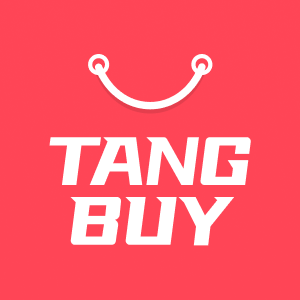Key Differences Between Wholesalers and Distributors

You want to learn the key differences between wholesalers and distributors? Wholesalers often buy large quantities of products and sell them to stores, while distributors work more closely with manufacturers and may perform additional tasks. Understanding these key differences helps you make better business decisions, impacting your supply chain, pricing, and how you reach customers.
Key Takeaways
Wholesalers buy a lot from many manufacturers. They own the products. They sell to many customers. They can change prices easily.
Distributors work with certain manufacturers. They often have contracts. They help with brand support and give extra services.
Wholesalers sell many common products at lower prices. This is good for buying in bulk and for big stores.
Distributors offer special or exclusive products. They help with marketing, training, and give personal support.
Wholesalers take more risk because they own the inventory. Distributors have less risk since manufacturers often keep ownership.
You should choose wholesalers or distributors based on your business needs. Think about price, product variety, control, and support.
Good relationships and clear goals help manufacturers and retailers. This helps them pick the best partner to grow their business.
Using technology and talking well helps the supply chain. This works for both wholesalers and distributors.
Definitions
Wholesaler
A wholesaler buys lots of products from different manufacturers. They are the link between manufacturers and stores. Wholesalers own the products they buy. They keep these goods in their own warehouses. Retailers or other businesses buy from them when needed.
Wholesalers help many types of customers. They sell to small shops, big stores, and even government agencies. Sometimes, they sell to other businesses too. Their main job is to split big shipments into smaller ones. This is called "bulk breaking." Wholesalers set their own prices. They give discounts to get more buyers. They do not sign exclusive contracts with manufacturers. They buy from many brands and offer many products.
Here’s a quick look at what wholesalers do:
Buy in bulk from many manufacturers.
Own and store inventory in their warehouses.
Sell to a broad group of customers, including retailers and businesses.
Set their own prices and offer discounts.
Provide basic services like delivery and customer support.
Tip: If you have a store and want many choices at good prices, a wholesaler can help you.
Distributor

A distributor works in a different way. A distributor is a partner who works with one or a few manufacturers. Distributors sign contracts and sometimes have exclusive rights. They may be the only ones who can sell certain brands in an area. Distributors do not always own the products. They act for the manufacturer and make sure stores get the right products.
Distributors help a smaller group of customers. They usually sell to retailers in a certain place. Their job is more than just moving products. Distributors help promote the brand and train store workers. They also handle returns. Distributors follow the manufacturer’s pricing rules. They run special promotions that fit the brand’s plans.
Here’s what you can expect from a distributor:
Work under contract with specific manufacturers, sometimes with exclusive rights.
Focus on selling to retailers in a certain area.
Promote the brand and educate retailers about the products.
Follow manufacturer pricing and marketing plans.
Offer extra services like sales support, logistics, and brand building.
Aspect | Wholesalers | Distributors |
|---|---|---|
Customer Target | Broad customer base: retailers, businesses, government agencies, consumers | Narrow focus: primarily retailers within defined territories |
Product Range | Vast, diversified range from many brands and manufacturers | Limited to specific brands under exclusive agreements |
Pricing Control | Set own competitive pricing and discounts | Must follow manufacturer pricing policies; may offer aligned promotions |
Inventory Ownership | Take legal ownership of inventory, store in own warehouses | Typically do not own inventory; act on behalf of manufacturers |
Value-added Services | Basic services: bulk breaking, warehousing, delivery, customer service | Extensive services: marketing, sales support, logistics, customer service, brand building |
Contractual Relations | Non-contractual, transactional purchase orders | Formal exclusive contracts with manufacturers |
Note: If you want strong brand support and a partner who helps you grow your sales, a distributor could be the right choice.

Supply Chain Roles
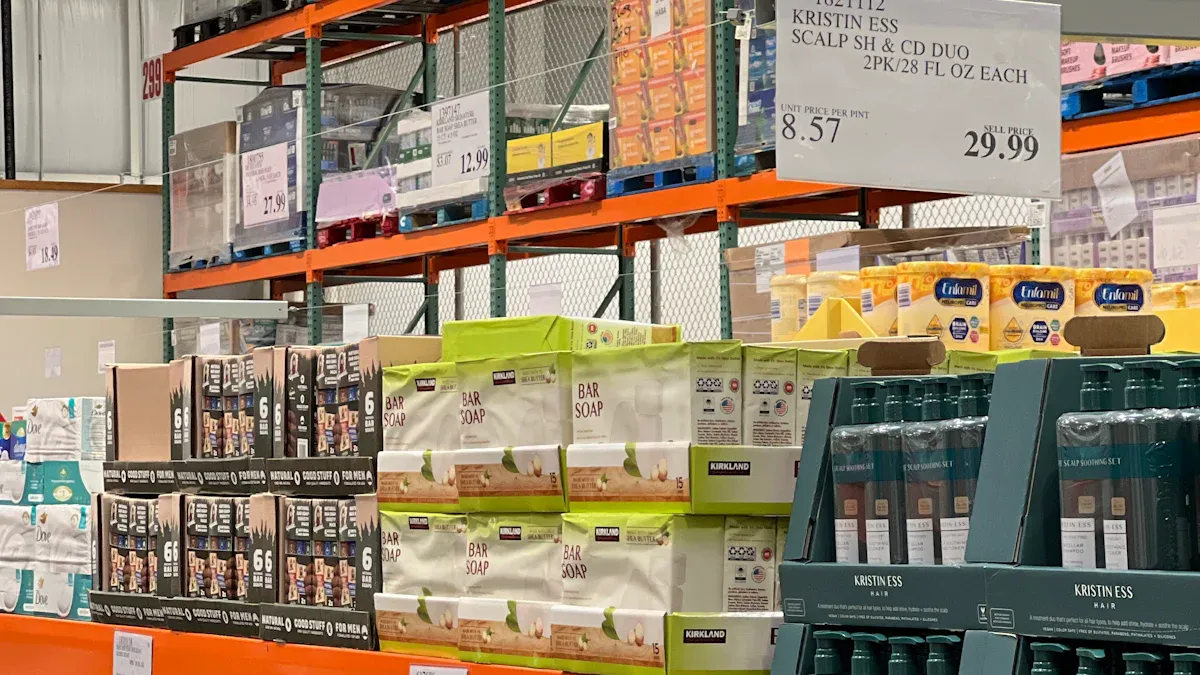
Position
You might wonder where wholesalers and distributors fit in the supply chain. The supply chain is like a relay race. Each person passes the baton to the next. In this race, there are manufacturers, wholesalers, distributors, retailers, and customers.
Wholesalers are usually in the middle. They buy lots of products from many manufacturers. Then, they split big shipments into smaller ones for stores. Wholesalers are like a big warehouse in the center. They keep many brands and products. Their job is to make sure stores get what they need on time.
Distributors work closer to the manufacturer. They often have special deals or exclusive rights to sell certain brands in an area. Distributors are the main partner for getting products to stores. They do more than just move boxes. Distributors help with marketing, training, and sometimes packaging. They focus on fewer products but know them very well.
Here are some key points that show how their roles differ:
Wholesalers buy in bulk from many sources and sell to a wide range of customers.
Distributors work with fewer brands, often under contract, and focus on supporting those brands.
Distributors may not always own the products, but wholesalers do.
Note: Sales of private label products grew by 11.3% in 2022. This change made wholesalers adjust what they offer and how they manage inventory. Distributors use technology and extra services to stand out.
Relationships
How you build relationships in the supply chain is important. Wholesalers and distributors do this in different ways.
Wholesalers are flexible. They buy from many suppliers and sell to many customers. Their relationships are based on price, speed, and what is available. Wholesalers handle many brands and can switch suppliers for better deals. This helps them deal with problems like delays or sudden changes.
Distributors build strong partnerships. They sign contracts with manufacturers and may be the only seller for a brand in an area. Distributors work closely with suppliers and retailers. They help with marketing, training, and after-sales support. This close relationship lets distributors respond quickly and give more value.
Research shows that working together and having control helps the supply chain. Companies that work closely with suppliers do better and react faster to changes. Using technology also makes the supply chain work better. Strategic partnerships, like those with distributors, help everyone do well.
Supplier Relationship Factor | Effect on Cash Dividends | Mediation Mechanism | Economic Consequence |
|---|---|---|---|
Negative correlation | Partial mediation via agency costs and financing constraints | Competitive effect aggravates conflicts, reducing dividends | |
Supplier Financing | Negative correlation | Partial mediation and suppressing effects on cash dividends | Financing constraints limit dividend payments |
Building strong, smart relationships in the supply chain can help your business do better and keep up in a fast-changing market.

Legal Ownership
Inventory
When you look at wholesalers and distributors, you will notice a big difference in who owns the products. Wholesalers usually buy goods from many manufacturers. Once they buy these products, they own them. The goods sit in their warehouse until you or another customer buys them. If you walk into a wholesaler’s warehouse, everything you see belongs to them. They can set prices, offer discounts, or even decide to hold onto products for a while.
Distributors work differently. Most of the time, they do not own the products in the same way. Distributors act as middlemen for the manufacturer. Sometimes, they hold the products in their warehouse, but the manufacturer still owns them until the distributor sells them to a retailer. This means the distributor follows the rules set by the manufacturer. You might see a distributor storing products, but they cannot always change prices or sell to just anyone.
Here’s a quick table to help you see the difference:
Role | Who Owns the Inventory? | Can They Set Prices? |
|---|---|---|
Wholesaler | Wholesaler owns the products | Yes, they set their own |
Distributor | Manufacturer often owns products | No, must follow rules |
Tip: If you want more control over your stock and pricing, working with a wholesaler might be better for you.
Risk
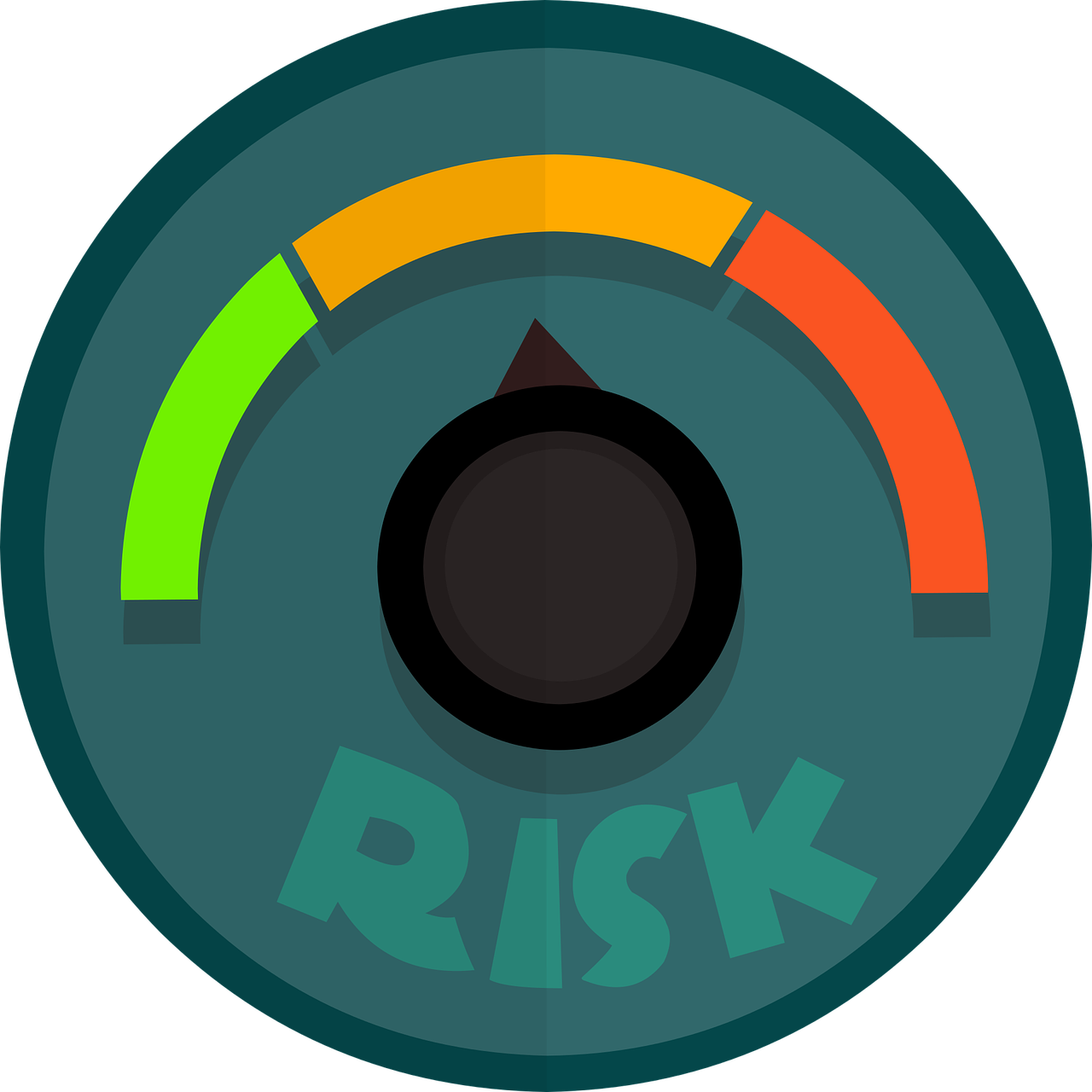
Ownership comes with risk. When you own something, you take on the risk if something goes wrong. Wholesalers take on more risk because they own the products. If the products do not sell, get damaged, or become outdated, the wholesaler loses money. Imagine you buy a lot of winter coats, but winter is warmer than usual. You might get stuck with coats you cannot sell. That is the risk wholesalers face every day.
Distributors have less risk. Since they often do not own the products, they do not lose money if the products do not sell. The manufacturer takes on most of the risk. Distributors focus on moving products and supporting the brand. They help with marketing and training, but they do not worry as much about unsold stock.
Here are some key points to remember:
Wholesalers own the goods and take on all the risk.
Distributors often act as agents and share less risk.
If you want less risk, you might prefer working with a distributor.
Note: Always think about how much risk you want to take before choosing between a wholesaler and a distributor. Your choice can affect your profits and peace of mind.
Contractual Agreements
Manufacturer Contracts
Wholesalers and distributors have different contracts with manufacturers. These contracts decide who controls the products and prices. Wholesalers buy products from manufacturers and own them. They choose how much to charge customers. They can give discounts or wait to sell. This gives wholesalers more freedom. But, they also take more risk if products do not sell.
Distributors work under strict contracts with manufacturers. They may not own the products right away. The manufacturer keeps ownership until the distributor sells to retailers. The manufacturer sets the prices, so distributors must follow those rules. This setup protects distributors from some risks. But, they have less control over prices and inventory.
Here are some main ways these contracts are different:
Distributors act as agents, with manufacturers keeping ownership and setting prices.
Legal rules treat these contracts in different ways. For example, in the Schwinn case, courts said wholesalers could not have vertical restraints, but distributors could because the manufacturer kept ownership.
The Apple case showed that agency contracts can include price fixing, which changes how antitrust laws work.
Manufacturers often make more money with wholesalers, while retailers get more benefits with distributors.
When products are special, the distributor model can help people and society more.
The agency model (distributor) uses resale price maintenance, which helps retailers, while the wholesale model helps manufacturers more.
If you want more control and a chance for higher profits, wholesaler contracts might be better for you. If you want less risk and more help, distributor contracts could be a good choice.
Exclusivity
Exclusivity is a big part of contracts between manufacturers and distributors. If you sign an exclusive deal, you are the only one who can sell a product in a certain area or channel. This can give you a big advantage.
Exclusive deals can make more people want your products and visit your store. For example:
Exclusive digital releases make more people buy from that channel, because they can only get it there.
These deals can also help your stores. If you offer something only online, it can bring more people to your physical stores too.
Exclusive products often sell the most. In one big online grocery store, 30% of all products sold were exclusive, and 8 out of the top 10 best-sellers were exclusive items.
If you have exclusive rights, you control how the product is sold and promoted. This helps you stand out from other stores.
Manufacturers focus their sales through your channel, which helps you build better customer relationships.
Exclusive agreements can make people excited and help you sell more. If you want to stand out and get loyal customers, exclusivity might be a good idea.
Customer Base
Retailers
If you have a store, you must pick where to get products. Wholesalers and distributors both help, but they work with different retailers. Wholesalers usually sell to big stores. They handle many store accounts at once. They sell large amounts in one order. If you own a chain or a supermarket, you likely buy from wholesalers. You get lower prices when you buy a lot. But you need space to keep all the goods.
Distributors help more types of stores. They serve millions of places, like small shops and online sellers. Distributors let you order less at a time. This is good if your shop is small or you want to try new things. Distributors can also help with special needs, like custom boxes or staff training.
Here’s a quick table to show the difference:
Aspect | Wholesalers | Distributors |
|---|---|---|
Customer Base Size | Hundreds to thousands of retailers | Millions of outlets, including small shops and online stores |
Order Volume | Large, bulk orders | Smaller, frequent orders |
Market Focus | Big stores, bulk goods | Niche markets, specialty shops |
Sales Approach | Fulfilling demand | Active relationship management |
Advantages | Lower prices, bulk savings | Flexibility, personal service |
Tip: If you want to save money and buy a lot, wholesalers are a good choice. If you need smaller orders or special help, distributors might fit you better.
Retailers can have problems too. Sometimes, suppliers sell straight to customers. Then, you might buy less and pay more. Studies show that when stores lose wholesalers or distributors, they buy about 15 fewer types of products. They also pay almost 21% more for each item. So, picking the right partner can change your costs and choices.
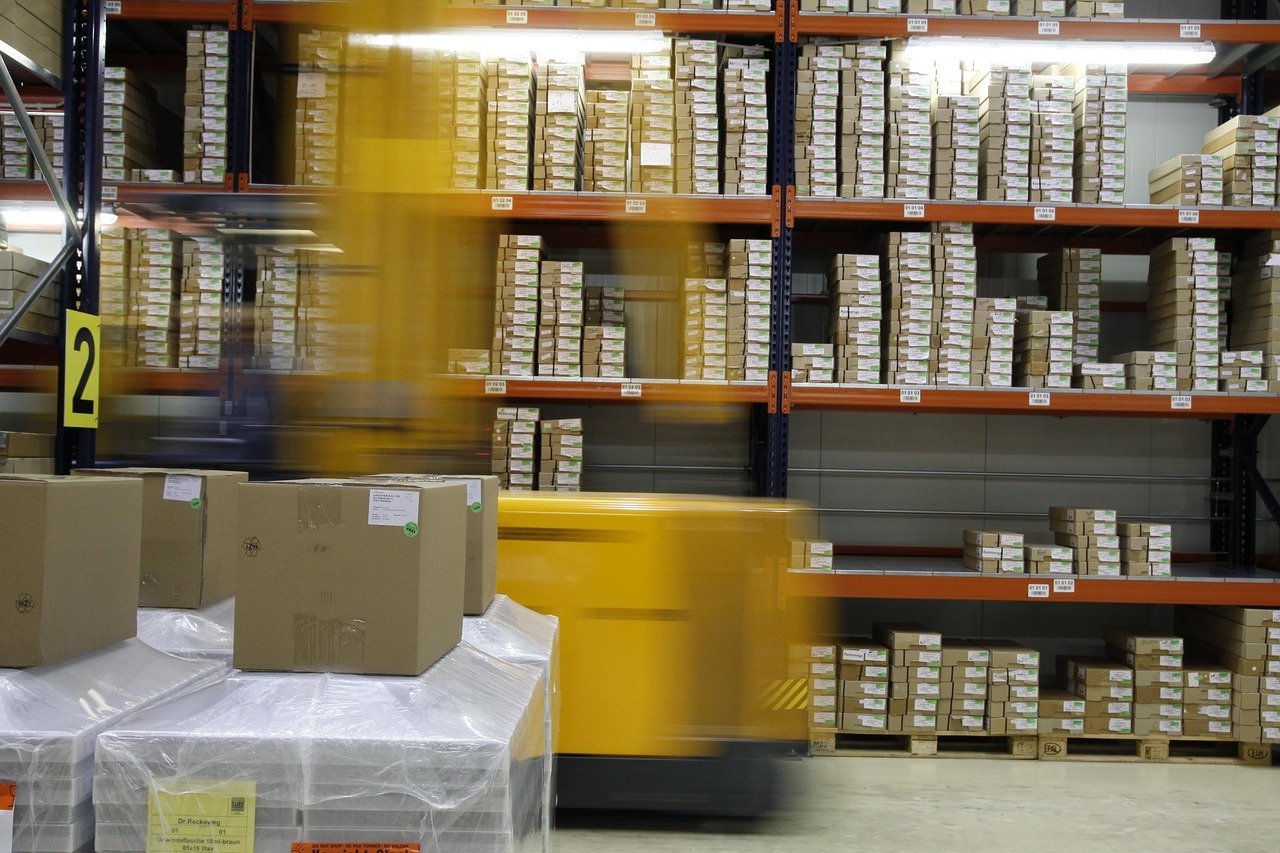
Other Businesses
Not only stores buy from wholesalers and distributors. Many other groups need supplies too. Restaurants, schools, hospitals, and government offices all need things. Wholesalers give these groups big discounts for large orders. If you run a small business, you might use a wholesaler for better prices, even if you do not buy as much as a big store.
Distributors help all kinds of businesses, not just stores. They work with companies that need special products or services. For example, a hospital may need medical supplies fast and safe. Distributors can do this because they focus on service and quick delivery. They use technology to track orders and make sure you get what you need.
Some businesses, like Lush, make their own products and sell them.
Others, like Ulta, buy from manufacturers and skip wholesalers.
Small shops often use wholesalers because they cannot buy huge amounts.
Clubs like Sam’s Club and Costco buy in bulk and sell to both businesses and families, giving you discounts if you buy more.
Today, many businesses use technology to work better with wholesalers and distributors. You might see companies use AI to manage stock or cloud systems to track orders. These tools help you get products faster and keep shelves full. More businesses also care about the planet, so they pick partners who use green practices.
Picking the right partner helps your business grow, saves money, and keeps your customers happy. Think about what you need and choose the best option for you.

Product Range
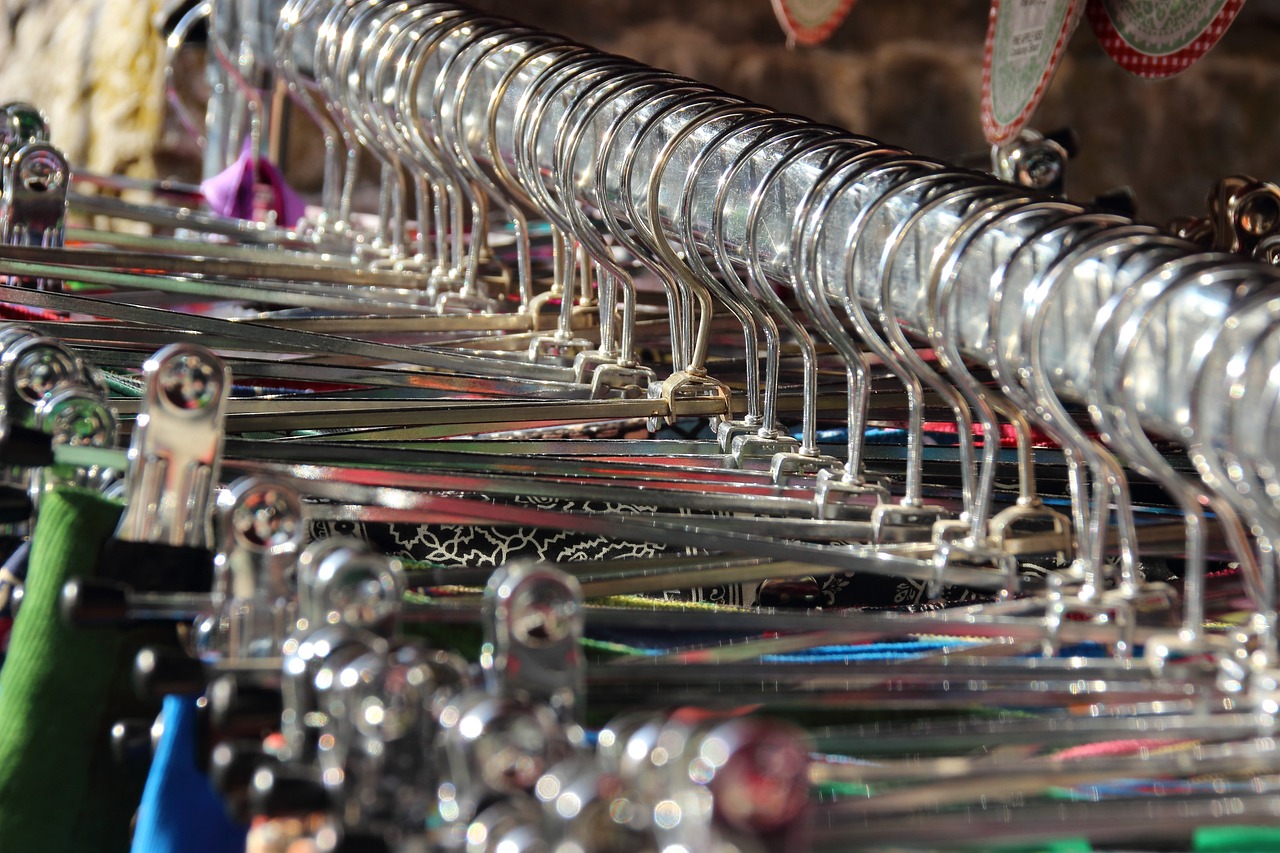
Variety
When you compare wholesalers and distributors, you see big differences in what they offer. Wholesalers usually have many products, but most are common items. You might see lots of canned food or cleaning supplies stacked up. This is good if you want to buy a lot of the same thing for your store. Wholesalers pick products that most people want. If you own a special shop or want rare things, you may not find them here. Wholesalers do not carry many unique or hard-to-find items. They choose things that sell fast and in big amounts. Sometimes, you must buy a lot at once, which can be hard for small stores.
Here’s what wholesalers usually offer:
Many common products in large amounts
Not many special or rare items
Big minimum orders for lots of products
Distributors work closely with certain brands and manufacturers. They often have special deals with these brands. This helps them offer more special or unique products. If you need something from a certain brand or want items that are hard to find, a distributor can help. Distributors also help with orders, returns, and even teach you about the products. You get more help when you buy from them.
You will notice these things with distributors:
More special or carefully picked products
Access to rare or brand-only items
Extra help like training and marketing
If you want lots of everyday products, wholesalers are a good pick. If you need special or brand-only items, try a distributor.
Selection
Picking the right products for your business is not easy. You must think about what your customers want and what sells best. You also need to know if your supplier is reliable. Wholesalers and distributors use different ways to choose what they sell.
Wholesalers can pick from many brands, even if the brands compete. This gives you more choices, but you must check prices and quality yourself. Wholesalers use sales numbers and trends to decide what to sell. They look for things that sell fast and make steady money.
Distributors focus on certain brands or work in certain areas. They may only sell a few brands, but they pick them to fit their customers. Distributors use market research and customer feedback to keep their products fresh and useful.
Here are some ways to choose good products:
Look at trends and use data to find new ideas.
Know what your customers like to buy.
Make sure your supplier is trustworthy and sells good products.
Check sales numbers to see what makes the most money.
Pick products that match your brand and how you sell.
Tip: Use sales numbers and customer feedback to keep your products up to date. This helps you beat other stores and make your customers happy.
Services
Value-Added
Some people think wholesalers and distributors only move boxes. They actually do a lot more than that. Value-added services make them different from each other.
Distributors help you in many ways. They support your marketing and help after you buy. They can even help you keep track of your stock. Distributors are like helpers for manufacturers. They tell people about products and teach your workers. They give tips on what sells well. Many use technology to give you special deals and help you order online. Some even guess what you will need soon, so you never run out.
Wholesalers work hard to get products to you fast and in big amounts. They might put things together, pack them, or add special labels. Some now have online catalogs and tools to help you pick what you want. They do not usually help with marketing or brand building. But they give you lots of choices at good prices.
Here’s a quick table showing their value-added services:
Service Type | Wholesalers | Distributors |
|---|---|---|
Marketing Support | Rare | Common |
Product Training | Not offered | Often included |
Custom Orders | Sometimes (packaging, assembly) | Frequently (bespoke orders, kitting) |
Technology Tools | Online catalogs, inventory analytics | CRM, predictive modeling, customer portals |
After-Sale Support | Basic | Extensive |
Top distributors focus on what you need most. They offer things like pre-assembly and special kits. They use technology to make things easier and help your business grow.
Logistics
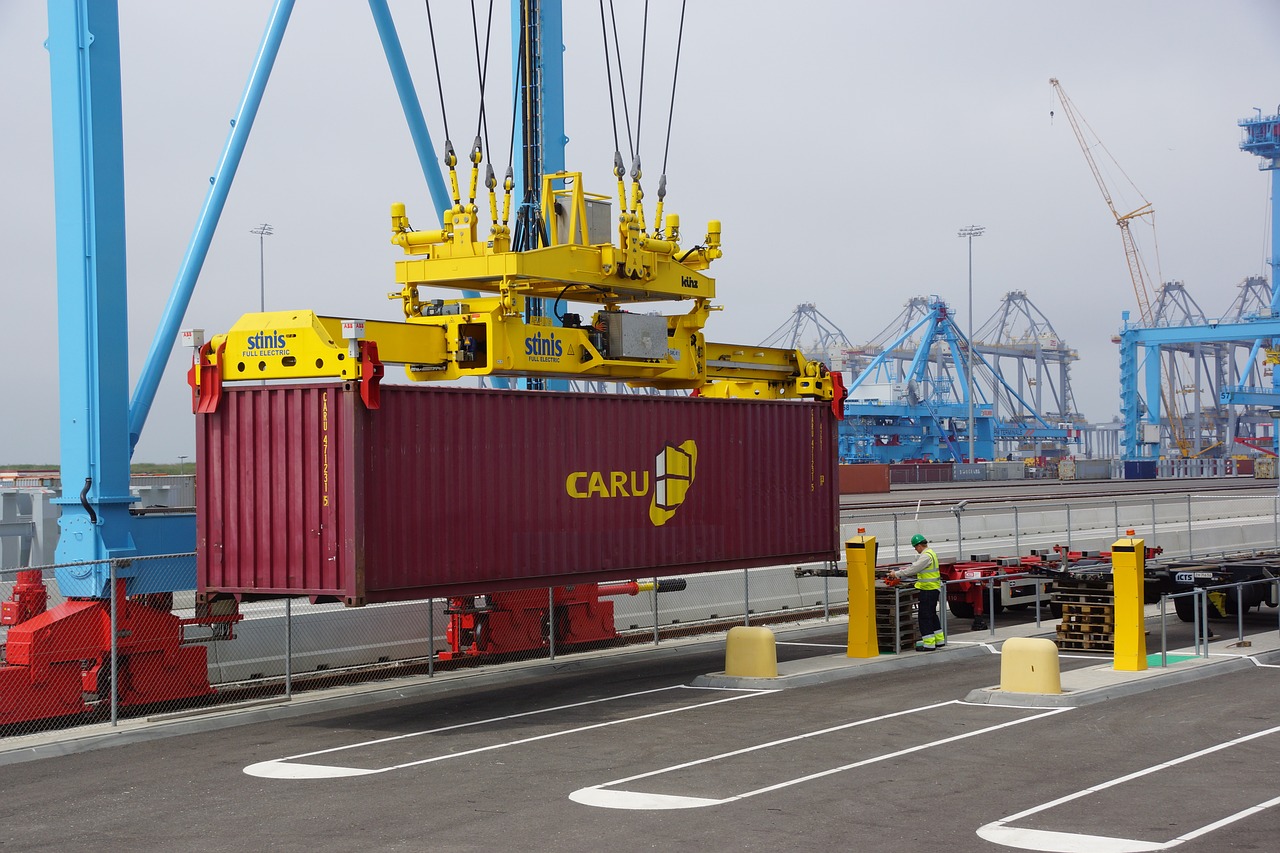
Logistics means getting the right product to the right place on time. Both wholesalers and distributors work hard to do this, but they do it in different ways.
Wholesalers are great at moving big orders. They split large shipments into smaller ones for stores. They use big warehouses and move products quickly. You can trust them for fast delivery and lots of stock. They watch things like how full their warehouse is and how fast things move.
Distributors do things a bit differently. They handle orders for certain brands and help with special needs. Distributors use smart tools to guess what you will need next. They keep track of how long orders take and make sure you get everything on time. Many use special computer systems to keep you updated and fix problems fast.
Wholesalers focus on:
Fast, big deliveries
Good warehouse work
Reliable stock for many stores
Distributors focus on:
Special order help
On-time, correct deliveries
Strong customer support
If you want fast, big orders, wholesalers are a good choice. If you need special help or brand support, a distributor might be better for you.
Logistics is important for every business. Companies check things like how correct orders are and how happy customers feel. Distributors often do better with personal service. Wholesalers are best for speed and big orders. Pick the partner that fits your business goals.
Key Differences
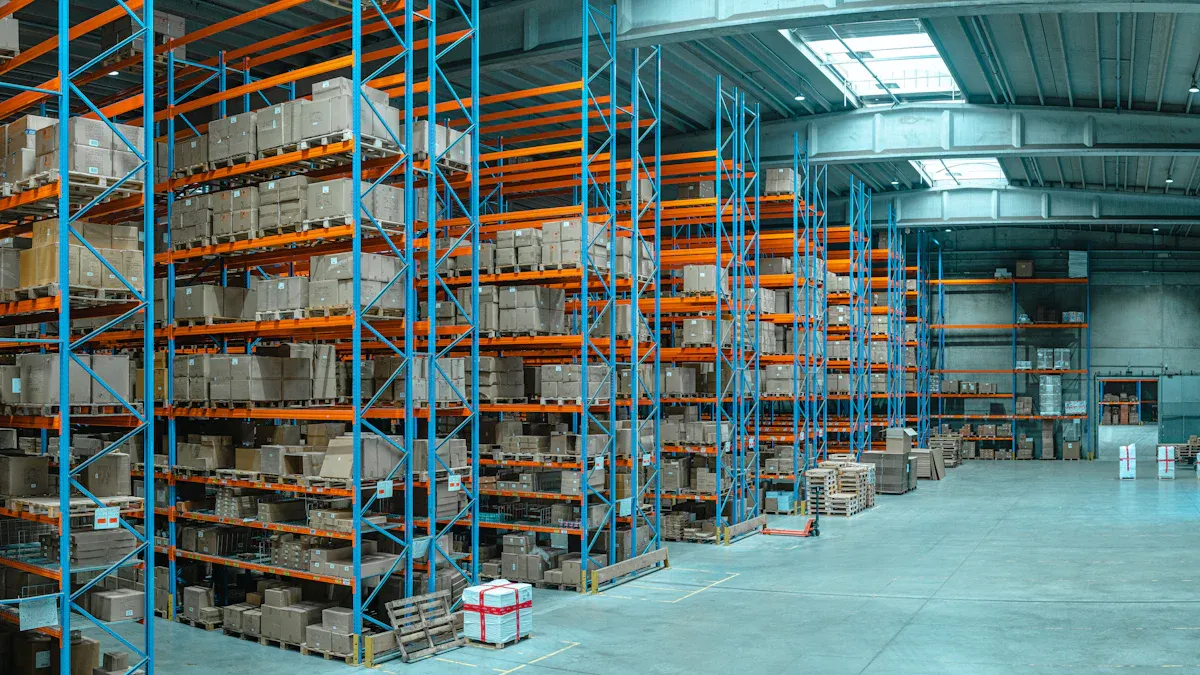
Comparison Table
You might want to know how wholesalers and distributors compare. The table below shows their main differences side by side. This helps you see what makes each one special.
Aspect | Wholesaler | Distributor |
|---|---|---|
Supply Chain Position | Buys in bulk from many manufacturers, sits between manufacturer and retailer | Works closely with manufacturers, often as their main partner, and supplies retailers |
Legal Ownership | Owns inventory after purchase | May not own inventory; often acts on behalf of manufacturer |
Contracts | Usually non-exclusive, no strict contracts | Often exclusive, with formal contracts and territorial rights |
Customer Base | Sells mainly to retailers, sometimes to other businesses or institutions | Sells to retailers, sometimes to wholesalers, and supports manufacturers directly |
Product Range | Wide variety from many brands and manufacturers | Focused range, often limited to specific brands or products |
Services | Basic: storage, bulk breaking, delivery | Advanced: logistics, marketing, after-sales support, training |
Value-Added Functions | Limited, mostly price and delivery | Extensive, including brand promotion, education, and customer support |
Tip: Try using a chart or matrix if you want to compare more features. Keep it simple so you can spot the main differences quickly.
Summary Points
Let’s look at the main differences so you can remember them.
Wholesalers buy lots from many manufacturers and sell to many stores. Distributors work with a few manufacturers and often have special rights.
Wholesalers own what they buy. Distributors may not own the products and must follow the manufacturer’s rules.
Wholesalers usually do not have strict contracts. Distributors sign formal deals and may be the only ones selling certain brands in an area.
Wholesalers offer many products from different brands. Distributors focus on fewer brands and give more help.
Wholesalers give basic services like delivery and storage. Distributors help with marketing, training, and after-sales support.
Wholesalers care about price and selling a lot. Distributors care about building the brand and helping you sell more.
Remember: Wholesalers are good if you want lots of choices and low prices. Distributors are better if you need special products, extra help, or want to work closely with a brand.
Use these differences to pick the best partner for your business. Think about what is most important to you—price, product choices, support, or working with a brand. This will help you make the right choice for your supply chain.

Choosing the Right Partner

For Manufacturers
You want your products to reach the right customers, at the right time, and at the right price. Picking between a wholesaler and a distributor can shape your whole supply chain. Start by setting clear goals. Do you want wide market coverage, or do you need strong brand control? Wholesalers buy in bulk and move products quickly to many retailers. This works well if you want fast, steady sales and less hands-on work.
Distributors, on the other hand, act as your brand’s partner. They follow your rules, help with marketing, and often manage inventory and transportation. If you want to build your brand, offer training, or need someone to handle returns, a distributor fits better. Distributors can also help you reach new markets with more support.
Here’s a simple checklist to help you decide:
Define your supply chain goals. Do you want speed, control, or brand support?
Research potential partners. Look at their experience, technology, and reputation.
Check their vendor management skills. Can they track orders, manage inventory, and keep data up to date?
Visit their sites if you can. See how they work and if they match your needs.
Use supply chain software to track performance and spot problems early.
Build strong relationships. Good communication helps you solve issues fast.
Tip: Trust and partnership matter. A distributor can give you more control and support, while a wholesaler offers speed and reach.
For Retailers
You want the best products at the best prices for your customers. Your choice between a wholesaler and a distributor depends on your store’s needs. Wholesalers give you lots of choices and big discounts when you buy in bulk. This is great if you have space and want to save money.
Distributors focus on certain brands and offer more help. They can train your staff, help with marketing, and even handle returns. If you want special products or need extra support, a distributor is a smart pick.
Think about these points before you choose:
What do your customers want? Everyday items or special brands?
How much control do you want over pricing and stock?
Do you need fast delivery or more personal service?
Can your partner help you grow and solve problems?
You can also use supply chain tools to track orders, check inventory, and manage costs. Many retailers plan their buying by talking directly with partners, not just looking at numbers. Trust and good communication make a big difference.
Note: If you want variety and low prices, go with a wholesaler. If you need support and brand focus, choose a distributor.
By matching your goals with the right partner, you set your business up for success. Take time to plan, ask questions, and use the right tools. Your choice will shape your store’s future.
You now know the key differences between wholesalers and distributors. Wholesalers give you lots of choices and better prices when you buy in bulk. Distributors help you with brand support and extra services. Think about what your business needs most. Ask yourself if you want more control, better prices, or extra help. Take time to talk with possible partners. Make sure you pick the one that fits your goals.
FAQ
What is the main job of a wholesaler?
A wholesaler buys lots of products from many manufacturers. You can buy smaller amounts from them for your store. They help you save money by giving bulk discounts.
How does a distributor help my business?
A distributor works with certain brands very closely. You get extra help like training, marketing, and help with returns. Distributors know the products well and answer your questions quickly.
Can I buy from both wholesalers and distributors?
Yes, you can buy from both if you want. Many businesses do this. You might get everyday items from a wholesaler and special things from a distributor. This helps you get the best mix for your store.
Do wholesalers and distributors set their own prices?
Wholesalers pick their own prices and give discounts. Distributors usually follow the manufacturer’s price rules. You may not see as many price changes with distributors.
Which is better for small businesses?
If you want low prices and many choices, try a wholesaler. If you need special products or more help, a distributor could be better. Think about what your business needs most.
Do I need a contract to buy from a wholesaler?
No, you do not need a contract with a wholesaler. You can order when you need to. Distributors often need contracts, especially for exclusive products.
What value-added services do distributors offer?
Distributors can help you with:
Product training
Marketing support
Fast returns
Custom orders
You get more than just products. You get a partner who helps your business grow.

TangBuy: A Smarter Way to Dropship in 2025
If you're looking to stay competitive with dropshipping in 2025, speed and trend-awareness are key. TangBuy helps you stay ahead with real-time product trends, fast fulfilment, and factory-direct sourcing. With over 1 million ready-to-ship items, 24-hour order processing, and seamless Shopify integration, TangBuy makes it easier to test, scale, and succeed in today's fast-moving eCommerce landscape.
See Also
Deciding Between Dropshipping And Wholesale For Your Business
Finding Wholesale Products That Yield High Profit Margins
Sourcing Party Supplies Wholesale From Reliable Vendors Profitably
Comparing Dropshipping And Amazon FBA For 2025 Earnings
Selecting Trustworthy Wholesale Suppliers For Affordable Bulk Shoes
